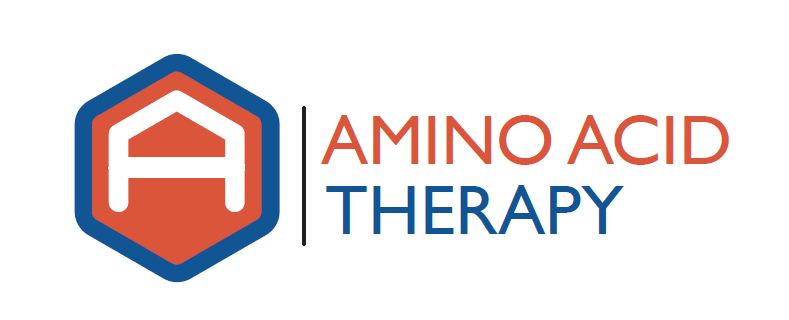
Close up of sugar and sweetener packets
It’s been shown that people that regularly ingest artificial sweeteners often eat more calories, store more fat and develop blood-sugar related disorders more than those that do not partake in these chemical sweeteners. A quick look at what happens when these artificial sweeteners breakdown in the body helps us understand why.
Research in the last decade is showing more and more evidence that artificial sweeteners – including things like aspartame (NutraSweet®, Equal®), saccharin (Sweet N Low®, Sweet Twin®), sucralose (Splenda®), and acesulfame K (acesulfame potassium, Ace-K®), can dramatically increase a person’s risk of numerous diseases and disorders, including dementia, Alzheimer’s disease, type 2 diabetes, stroke, obesity and cardiovascular disease. Artificial sweeteners have also been shown to increase cravings and appetite; here’s why (this is going to get a little technical, but just follow along and you’ll get the gist of it):
There is an enzyme called aromatic-L-amino-acid decarboxylase (AADC) that catalyzes dopamine and serotonin synthesis, which means that AADC freely synthesizes dopamine from L-dopa and serotonin from 5-HTP without biochemical feedback inhibition, which means that the more L-dopa and 5-HTP are supplied, the more dopamine and serotonin will be produced, assuming that the AADC enzyme is not inhibited.
This is where artficial sweeteners, like aspartame come in. AADC is also responsible for phenylalanine metabolism. Aspartame is metabolized in the body into three compounds: aspartate, methanol and phenylalanine, Phenylalanine can cause competitive inhibition of the AADC enzyme (meaning it can bind up the enzyme) which decreases the production of serotonin and dopamine.
Once more, phenylalanine can be converted into another compound called phenylethylamine. Increased levels of phenylethylamine induces the excretion of dopamine and norepinephrine, which can lead to further depletion of these compounds.
Apetite and cravings are biochemically controlled by serotonin and norepinephrine. By inhibiting the production of serotonin and dopamine and increasing the excretion of dopamine and norepinephrine, artificial sweeteners can cause an increase in cravings and appetite, which can then explain why research has shown people that consume artificial sweeteners actually gain weight.

